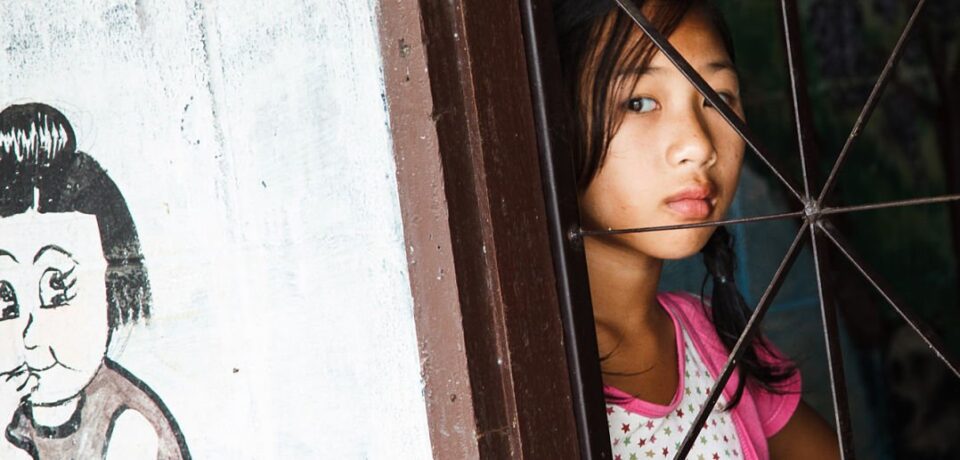Before Fern, a pseudonym, was blackmailed by her partner with nude films they made together, she could sleep through the night. Fern, an underage girl, says at first it was all consensual.
They would film themselves having sex and for fun post the videos online. When they were together, her partner made sure to conceal their identities. But suddenly all that changed.
After they broke up, her partner threatened to distribute the material and reveal her identity to his friends if she didn’t produce more films with him.
This is legally human trafficking, according to experts. And yet he still demanded that they make more videos, some she felt were physically dangerous.
Today, Fern often feels unsafe due to the experience. But because of stigma, she’s ashamed to report her experience to her parents or the police.
But some say more can be done to curb this kind of exploitation.
Today, experts are pushing the adult content industry to do more to ensure the protection of minors through new regulations.
If successful changes are made to the law, they say underage people like Fern might be better protected.
A new amendment to Section 287 could be one small step in that direction, experts say. The law seeks to protect minors from sexual exploitation, and criminalize child pornography.
Tunyawaj Kamolwongwat, an MP from the Move Forward Party who has been pushing for sex work registration law for at least a year, told Thai Enquirer that he agrees that the amendment will allow adult content to be presented on appropriate platforms and do more to prevent minors from acessing inappropriate content.
“The amendment will be undertaken to protect minors,” Tunyawaj said. “The adult industry will come under proper regulation. Minors must be protected, they must also receive proper knowledge about the content shown on these appropriate platforms.”
He believes that if adult films are legalized, it will force adult content creators to exist on registered platforms with age restrictions preventing minors from accessing inappropriate information.
Tunyawaj also added that if porn becomes legalized, professionals in the industry will do more to ensure that minors are not involved in any of the productions, a current difficulty as the trade is illegal as it stands.
“Legalization will also allow the people in the adult industry to have place in society, and resrict minors from internet pornography,” Tunyawaj said.
Current law in Thailand’s Criminical Code states that the production, distribution, and trading of adult sexual content is ilegal, including the sale and purchase of adult toys.
But the new amendment will legally enforce the adult industry to register under a data-based system which will regulate adult content.
Although existing law already bans pornography, critics believe that pornographic films should be legalised in order to help prevent child exploition.
An online petition was launched on February 14 to collect signatures to pass the amendment draft.
Chaitong Yingpeant, an adult content creator and advocate for legal porn, told Thai Enquirer that Section 287 doesn’t work as anyone can still access porn easily.
“Even though Section 287 bans all pornographic films, the truth is that any child can still access pornographic websites,” Chaitong said.
“The amendment will allow porn sites to be regulated properly.”
He believes that if the industry is legalized and properly regulated, minors will be less at risk of becoming involved in the industry and producing child pornography.
“Legalization will allow society to understand better that everyone must enter the adult industry legally at an appropriate age, and no minors are allowed to be involved,” Chaitong said.




